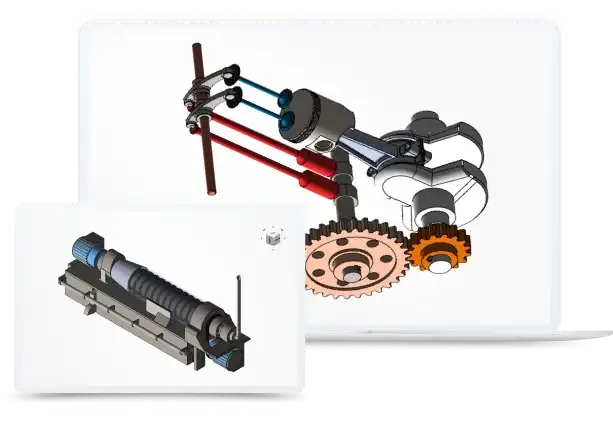
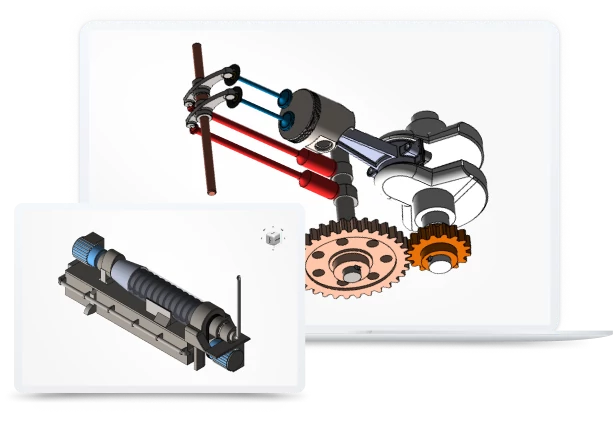
How to convert BREP
to X3D?
- Applications for end-users.
- SDK's and tools for software developers.
- Custom development services for businesses.
Trusted by industry leaders







Convert BREP to X3D with CAD Exchanger products
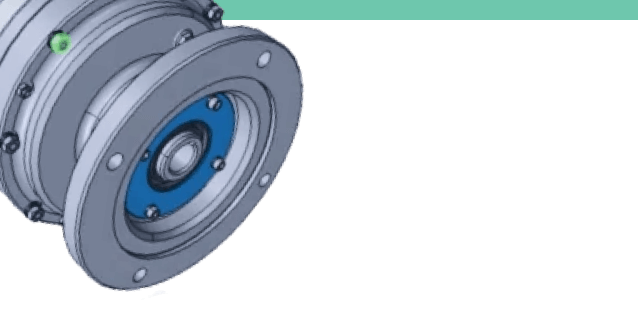
CAD Exchanger Lab
Desktop application to view, explore and convert 3D CAD data across 30+ file formats.
Convert BREP to X3D with ease and flexibility:
- hide certain details and groups before conversion
- add XYZ section planes
- explode assemblies
- choose between view, projection, and selection modes
- add measurements
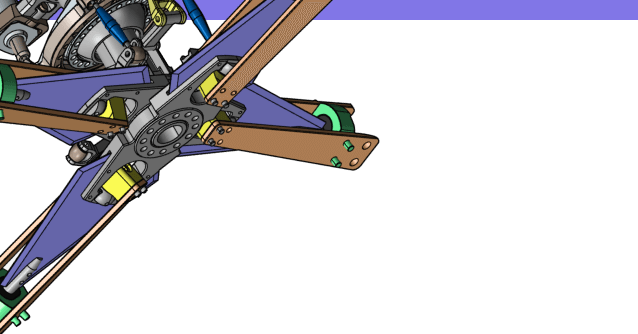
CAD Exchanger SDK
Software libraries for C#, C++, Java, Javascript and Python.
Include a wide range of conversion options in your apps:
- rapidly build production-ready applications with clear and structured API
- import, export, visualize and analyze 3D CAD files, including BREP and X3D
Learn how to convert BREP to X3D with CAD Exchanger
BREP
A Brep file is a 3D model stored in the boundary representation (also known as B-rep). The Brep format is a part of Open CASCADE Technology (OCCT).
The Brep structure is made up of two major components:
- topological components such as faces, vertices, and edges;
- links between components such as surfaces, points, and curves.
It comprises three-dimensional data such as vertices, edges, wires, faces, shells, solids, compounds, edge and face triangulations, polylines on triangulations, space location, and orientation.
X3D
X3D is ISO standard XML-based file format for representing 3D computer graphics. X3D features extensions to VRML (e.g. CAD, geospatial, humanoid animation, NURBS etc.), the ability to encode the scene using an XML syntax as well as the Open Inventor-like syntax of VRML97, or binary formatting, and enhanced application programming interfaces (APIs).
The X3D extension supports multi-stage and multi-texture rendering; it also supports shading with lightmap and normalmap. Starting in 2010, X3D has supported deferred rendering architecture. Now X3D can import SSAO, CSM and Realtime Environment Reflection/Lighting. The user can also use optimizations including BSP/QuadTree/OctTree or culling in the X3D scene.
Convert BREP
to X3D
Need to work with CAD files in numerous formats? No worries.
From BREP to X3D, CAD Exchanger gets you covered.
What Our Delighted Customers Say
Frequently Asked Questions
From Our Blog
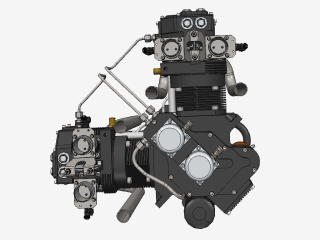
Everything you need to know about CAD file formats
A CAD file is an output of a CAD software, containing key information about the designed object: its geometry and topology representation, 3D model hierarchy, metadata, and visual attributes depending on the format of the file.
Read more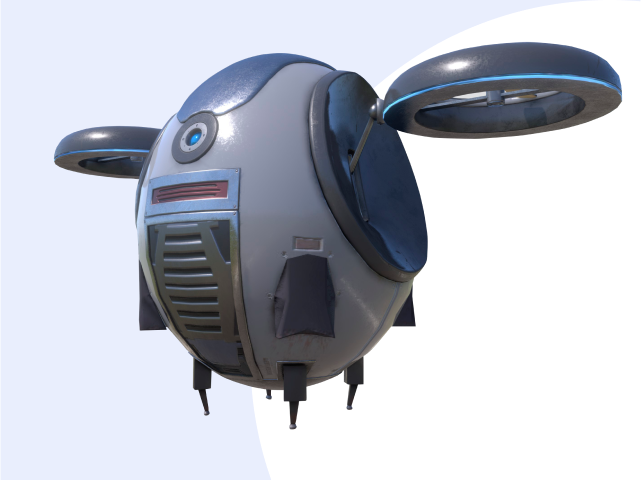
Integration with UNIGINE engine
This article explores the integration possibilities with the UNIGINE engine, a powerhouse in the realm of virtual simulation and game development. Learn how it can be used in applications built with the UNIGINE engine to import CAD and 3D models.
Read more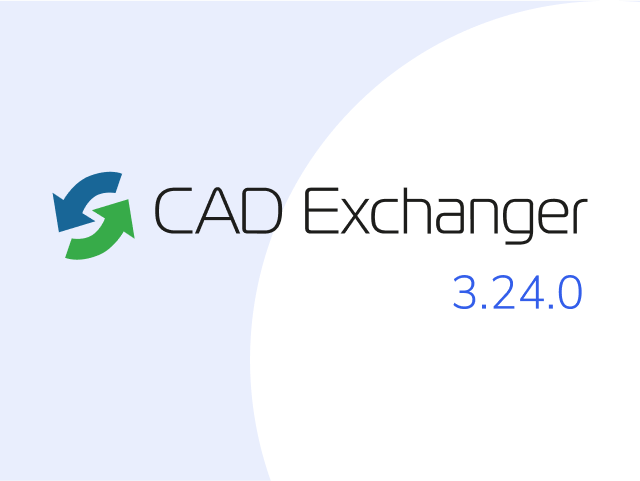
Manufacturing Toolkit and Web Toolkit enhancements, Unity performance optimization, renaming and rotating SDK examples in release 3.24.0
Explore the wall thickness at a specific point on a surface, enjoy four times faster Unity objects performance, and check out renaming and rotating examples in SDK.
Read more